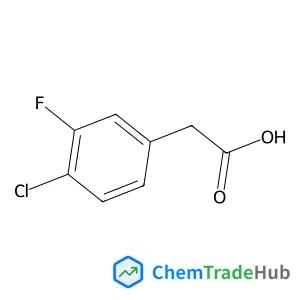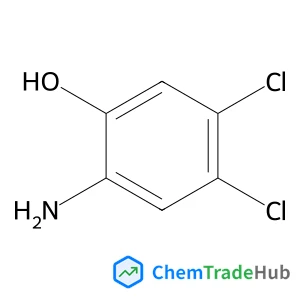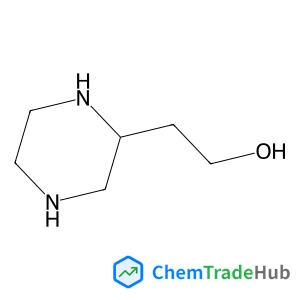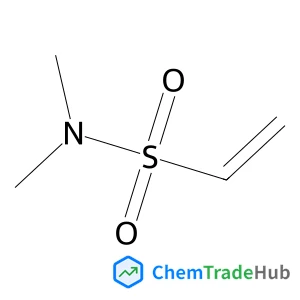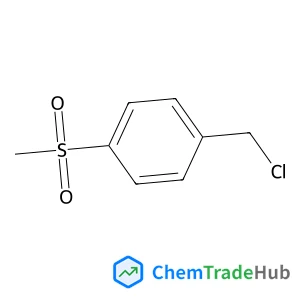Engineering nanoporous organic frameworks to stabilize naked Au clusters: a charge modulation approach
Literature Information
Chengcheng Tian, Xiang Zhu, Huize Wang, Hai Wang, Carter W. Abney, Ning Zhang
A simple charge modulation approach has been developed to stabilize naked Au clusters on a nanoporous conjugated organic network. Through engineering pore walls with regulated charges, the controllable growth of Au nanoclusters has been realized. The resulting supported catalyst exhibits excellent performance in the aerobic oxidation of alcohols.
Related Literature
IF 6.222
Triboelectric nanogenerators for a macro-scale blue energy harvesting and self-powered marine environmental monitoring systemIF 6.367
Vapor-fed photoelectrolysis of water at 0.3 V using gas-diffusion photoanodes of SrTiO3 layersIF 6.367
Illuminating endosomal escape of polymorphic lipid nanoparticles that boost mRNA deliveryIF 6.843
Carbon-based photocatalysts for enhanced photocatalytic reduction of CO2 to solar fuelsIF 6.367
Life cycle assessment of plasma-assisted ethylene production from rich-in-methane gas streamsIF 6.367
Co9S8 integrated into nitrogen/sulfur dual-doped carbon nanofibers as an efficient oxygen bifunctional electrocatalyst for Zn–air batteriesIF 6.367
Selective production of monocyclic aromatic hydrocarbons from ex situ catalytic fast pyrolysis of pine over the HZSM-5 catalyst with calcium formate as a hydrogen sourceIF 6.367
Near infrared light activation of an injectable whole-cell cancer vaccine for cancer immunoprophylaxis and immunotherapyIF 6.843
Chemoproteomics-based target profiling of sinomenine reveals multiple protein regulators of inflammationIF 6.222
Source Journal
Chemical Communications
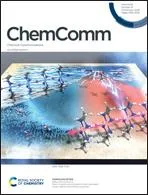
ChemComm publishes urgent research which is of outstanding significance and interest to experts in the field, while also appealing to the journal’s broad chemistry readership. Our communication format is ideally suited to short, urgent studies that are of such importance that they require accelerated publication. Our scope covers all topics in chemistry, and research at the interface of chemistry and other disciplines (such as materials science, nanoscience, physics, engineering and biology) where there is a significant novelty in the chemistry aspects. Major topic areas covered include: Analytical Chemistry Catalysis Chemical Biology and medicinal chemistry Computational Chemistry and Machine Learning Energy and sustainable chemistry Environmental Chemistry Green Chemistry Inorganic Chemistry Materials Chemistry Nanoscience Organic Chemistry Physical Chemistry Polymer Chemistry Supramolecular Chemistry
Recommended Compounds
Recommended Suppliers
 Elemental Scientific Inc.
Elemental Scientific Inc. Dr.Marino Müller AG
Dr.Marino Müller AG LECO Instrumente GmbH
LECO Instrumente GmbH Brookhaven Instruments Corporation
Brookhaven Instruments Corporation Nanjing Yanqiao Technology Co., Ltd.
Nanjing Yanqiao Technology Co., Ltd. MOLLOX CHEMIE GmbH
MOLLOX CHEMIE GmbH Gongyi Changhong Magnesium Industry Technology Co., Ltd.
Gongyi Changhong Magnesium Industry Technology Co., Ltd. OTTO KLEIN GMBH
OTTO KLEIN GMBH Werksitz GmbH
Werksitz GmbH New Xiang Ru Cheng Science and Technology Co., Ltd.
New Xiang Ru Cheng Science and Technology Co., Ltd.










